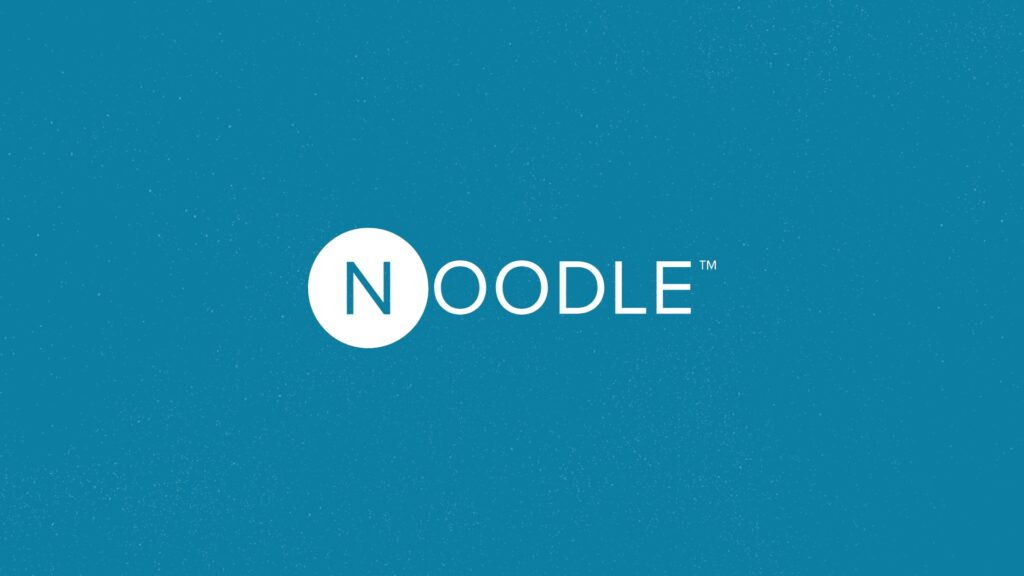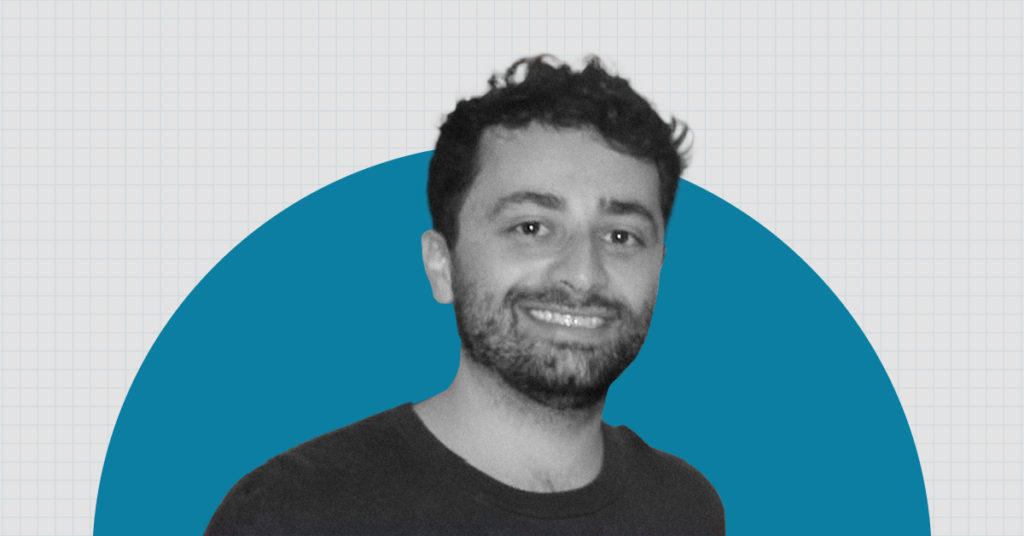Get to Know Noodle Finance Controller, Garrick Wong
“While having a clear vision is important, great leaders can recognize they are not omniscient and should be open to reevaluating paths forward when new evidence or information presents itself.”
Garrick Wong is a Finance Controller here at Noodle. He grew up around Queens and Long Island in New York City and was raised by parents who immigrated from Hong Kong, China. He shares that although his parents knew little about the New York education system, they instilled in him the importance of education which led him to receive his undergraduate degree from CUNY System. He shares his educational journey and the credentials he’s received from it has opened many doors of opportunity and given him a breadth of experiences to learn from. Here at Noodle, he supports the Finance team through thinking through many angles of their work and embodying many of the leadership qualities he believes great leaders need.
What elements or traits does a great leader exhibit?
Effective leadership requires a combination of various qualities and skills. For me, the main attributes needed are: vision, communication, integrity, empathy, decisiveness, accountability, and an infinite number of other things.
I also find that persuadability or being able to motivate others as a leader is valuable. While having a clear vision is important, great leaders can recognize they are not omniscient and should be open to reevaluating paths forward when new evidence or information presents itself. In auditing we have a saying “to be professionally skeptical” and that means to have trust, but verify always. I apply this Socratic approach often to purposefully rethink my convictions and thought processes – but that can only happen if I am genuinely open to persuasion or being motivated to think in different ways. Of course there will be times when we just need to make decisions, but an effective leader should strive to always find that balance.
When you think of great leadership, who comes to mind? Why?
A personal great leader of mine is someone I met at my first job. This person over the years has become a friend and mentor to me. He was never my direct manager, but we worked alongside each other on the LBI bankruptcy project so our professional relationship started in the trenches. He later moved on to work at other companies, but we’ve stayed in contact and he is a person that I go to for career advice. Recently, he has also become a valuable sounding board on topics for family, life, and relationships. He would never outright give me guidance or tell me what to do—but offer anecdotes from his own life and challenged me to search within myself.
How has your personal leadership style evolved?
Immediately I think of this quote from Lao Tzu, a Chinese philosopher, that says “A leader is best when people barely know he exists, when his work is done, his aim fulfilled, they will say: we did it ourselves.” I touched on this in one of my previous answers, but being able to purposefully reflect on my own thought processes and beliefs has helped me become a better leader. I believe I embody all the traits I listed above that a good leader should possess! Or at least I strive to do so everyday!
What is it about your background or career experiences that successfully positioned you for your role at Noodle? Describe that role.
I really have to credit a couple of junctures in my career that have prepared me to thrive in my role at Noodle. The first that I remember is my very first day of work after college. I’ll set the table— It was September 15, 2008. Lehman had just filed for bankruptcy the day before. Bear Stearns went down a couple of months prior. And Deloitte–our biggest audit client for the previous 10+ years was with Merrill Lynch and was just acquired by Bank of America. They use PwC. The lead client partner characterized it as “you are all living in interesting times.” Needless to say, all the first-years had no choice but to take on tasks that were normally delegated to more senior roles. Lucky to still have a job, I was pretty much jumpstarted into a killer-instinct mode from the get-go.
The second thing came several years later at my first tour at an early stage start-up. It was the day after New Year’s. The CEO, who was 26 years old at the time, called me to his apartment. I arrived and all the other senior members were there – a select group that I am not usually part of. I was told that something had occurred to the CFO, my financial controller had resigned, and that the finance team was mine. I was 25 years old with not a whole lot of experience but was asked to perform this integral function for a fledgling company. The years following this day taught me to remain calm, be decisive, learn from my mistakes and most importantly, that you’re never really “ready” for a big jump – you just have to say “yes”, commit, and you’ll figure it out when you’re forced into that situation.
How do you support the success of your team?
Given my experience with being thrown into the deep end with little guidance, instructions, or resources, I know how it feels to be on an island. I go out of my way to avoid putting a team member in these situations. Keeping that in mind, I generally try to figure out processes on my own first. After I’ve done that, then I can begin delegating tasks so I can make sure I provide guidance.
Describe how your career has been enhanced by exposure to diverse people, places or experiences.
For me, accounting for the most part is already figured out. We adhere to compliance, GAAP, tax laws, etc which are pretty standard. Occasionally you’ll run into someone and be introduced to a new software or discover a new approach to solving a routine task. So the benefit of being exposed to diverse people is less pertaining to my role as a professional but, more about enriching culture and learning to be a more complete team member on a personal level. When I was at Deloitte, my cohort consisted of people from all over the country. Most of us were fresh graduates in our very corporate jobs. This allowed us to form bonds based on new experiences. Whether it was me, a native New Yorker, showing a colleague from Columbus, OH around town or someone from Alaska teaching me about dog sledding being a preferred mode of transportation. Here at Noodle, we have employees in 43+ states, the last time I counted, most of which I have never been to. Since joining Noodle, I have been able to visit some of those places and have had the luxury of knowing a fellow Noodler or two who have been gratuitous with their time to play tour guide. I’m constantly learning not everything has to be work-related. People grow being curious and interacting/learning from others. We have a great community within this company to be able to do that.
What are some of the most effective tools in your leadership arsenal?
I shared this a little bit above, but when figuring out work processes on my own before delegating tasks, I also try to view all the angles while anticipating as many potential pitfalls as possible. Doing this helps better support my team. Also, this helps our work become a more collaborative process in which I’ve front-loaded the innovation and ideation process onto myself, but I find that approach to be effective in teaching, coaching, and fostering creativity in my team.
Please tell us something about yourself that people would be surprised to learn.
I love tattoos and I love to salsa dance—especially New York Style Mambo!



